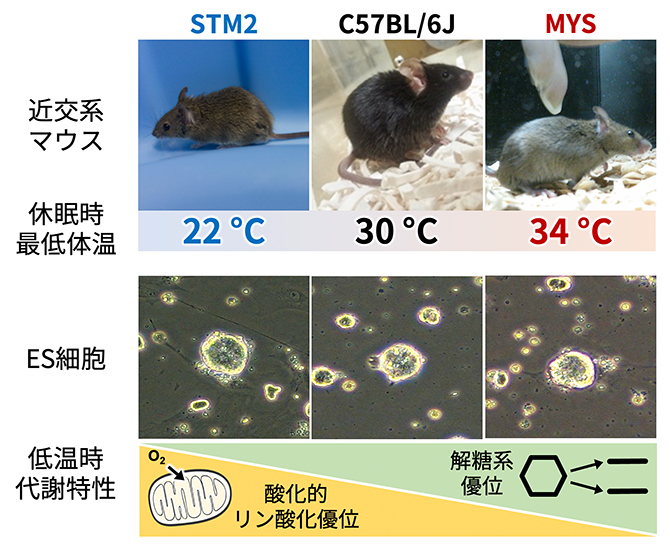2023-08-17 ワシントン州立大学(WSU)

◆この研究では、アストロサイトを活性化させることで、通常休息する時間にもかかわらずマウスを数時間以上起きている状態に保つことができることが示された。これは、アストロサイトが睡眠の必要性を調節しており、将来的にはシフトワーカーや異常な勤務時間を持つ人々の健康や生産性を向上させる方法として応用される可能性がある。
<関連情報>
- https://news.wsu.edu/press-release/2023/08/17/lesser-known-brain-cells-may-be-key-to-staying-awake-without-cost-to-cognition-health/
- https://www.jneurosci.org/content/43/32/5792
前脳基底部アストロサイトの活性化は睡眠駆動の代償的変化を伴わずに覚醒を誘導する Activation of Basal Forebrain Astrocytes Induces Wakefulness without Compensatory Changes in Sleep Drive
Ashley M. Ingiosi, Christopher R. Hayworth and Marcos G. Frank
Journal of Neuroscience Published:9 August 2023
DOI: https://doi.org/10.1523/JNEUROSCI.0163-23.2023
Abstract
Mammalian sleep is regulated by a homeostatic process that increases sleep drive and intensity as a function of prior wake time. Sleep homeostasis has traditionally been thought to be a product of neurons, but recent findings demonstrate that this process is also modulated by glial astrocytes. The precise role of astrocytes in the accumulation and discharge of sleep drive is unknown. We investigated this question by selectively activating basal forebrain (BF) astrocytes using designer receptors exclusively activated by designer drugs (DREADDs) in male and female mice. DREADD activation of the Gq-protein-coupled pathway in BF astrocytes produced long and continuous periods of wakefulness that paradoxically did not cause the expected homeostatic response to sleep loss (e.g., increases in sleep time or intensity). Further investigations showed that this was not because of indirect effects of the ligand that activated DREADDs. These findings suggest that the need for sleep is not only driven by wakefulness per se, but also by specific neuronal-glial circuits that are differentially activated in wakefulness.


